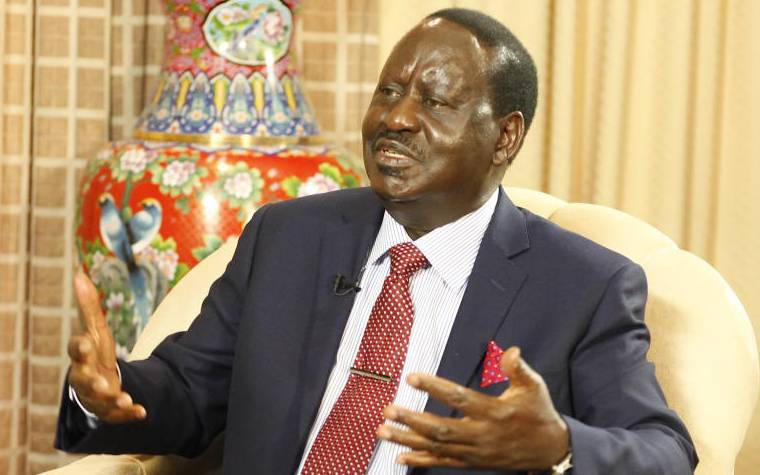
Opposition chief Raila Odinga has dismissed claims his pact with President Uhuru Kenyatta is a ploy by dynasties to block Deputy President William Ruto from ascending to the presidency.
Asked about claims the 2022 presidential elections is a competition between dynasties - powerful families that have influenced the country’s politics since independence - against the ‘hustler nation’, a campaign strategy associated with Ruto, - Raila said the dynasty narrative was a “tired subject” that would not help the DP in his ambition.